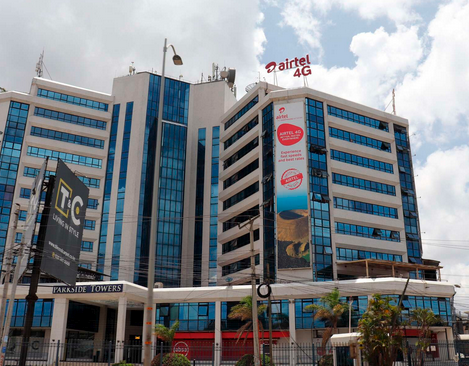Safaricom has been such a colossus on Kenya’s telecommunications scene, dominating every segment of the market. This has left other players such as Airtel Kenya and Telkom gasping for air.
However, Safaricom’s chokehold on the market in Kenya is now coming under increasing pressure, particular from the second largest mobile operator Airtel Kenya. In the last five years, Airtel has been giving Safaricom a run for its money as it closes the gap in voice, mobile data and SMS markets.
Safaricom’s dominance in voice dropped to 65.9 percent by December 2022 from a record high of 80.6 percent five years ago while its mobile internet market fell to 65 percent from 72.8 percent in the period.
Data from the Communications Authority (CA) indicates thatAirtel’s share of the voice market more than doubled to 32.2 percent in December last year from 13.5 percent five years ago while its share of mobile data hit 27.9 percent from 18.5 percent in a similar period.
The mobile operators have over the years locked horns over pricing of bundled SMS, calls and mobile internet.
The regulator attributes Airtel’s rising share of the voice market for both on-net and off-net calls, to lower calling rates that have been central in cutting Safaricom’s dominance.
“Customers on Airtel networks spent more time on a single on-net call averaging 2.8 minutes,” CA says in the report for the period ended December last year.
The report notes that the Telkom Kenya Ltd and Equitel customers recorded the highest average minutes of use per off-net call at 1.3 minutes, mainly attributed to the lower calling rates offered by the operators.
The drop in Safaricom’s dominance of the voice, mobile internet and SMS comes amid a push by Airtel to have the telco declared dominant.
But the Competition Authority of Kenya has turned down Airtel’s plea, saying that Safaricom’s market share has declined in recent years and that competition remains healthy.
Airtel last year sought the support of Senators to compel CAK to declare Safaricom, the market leader, as the dominant player, saying it is the first step to addressing the perceived uneven operating environment.
The CA data shows that Safaricom has, however, asserted its dominance on mobile money through M-Pesa and has set sights on the largely untapped fixed internet market for homes and offices.
M-Pesa accounts for 96.8 percent of the mobile money market, up from 78.06 percent five years ago, in a period where Airtel Money has significantly lost ground while others such as Equitel and Mobi Kash have pulled out of the market.
Airtel Money’s share of the mobile money market shrunk to 3.1 percent in December last year compared to 9.3 percent five years ago, even as the telco struggles in the wake of M-Pesa’s growth.
CA data shows that Safaricom is inching close to controlling half of the market for fibre to homes and offices, a market that Airtel has not ventured into.
Safaricom now controls 46.1 percent of the share or 372, 872 connections, marking a jump of 176 percent from 16.7 percent five years ago.





